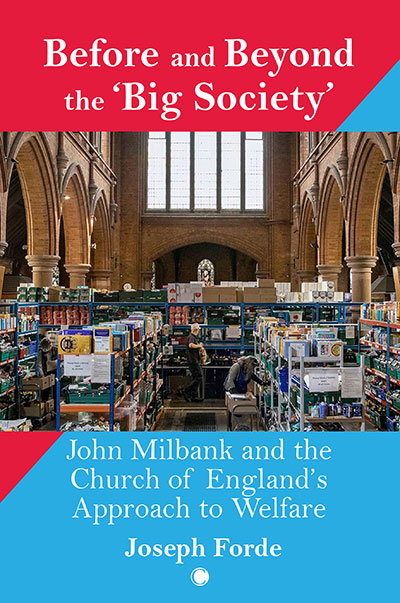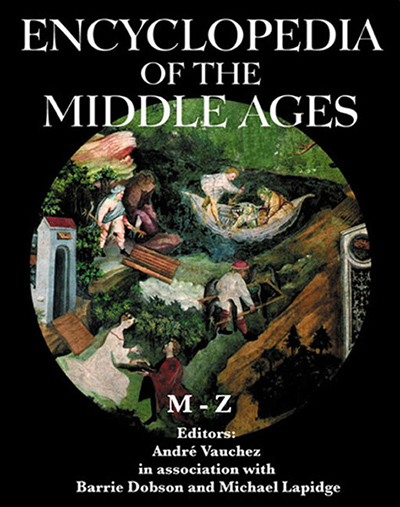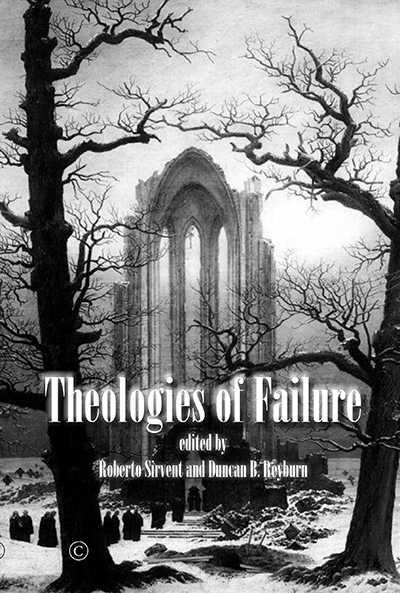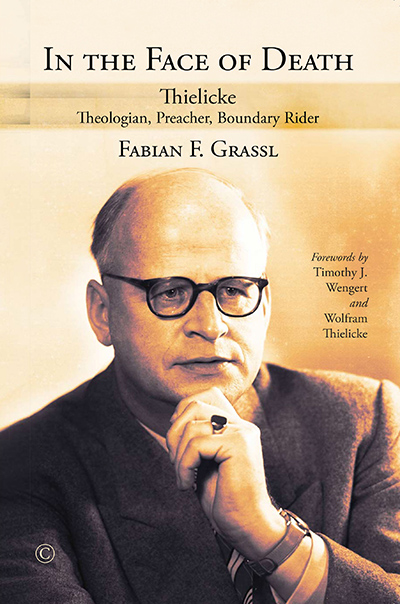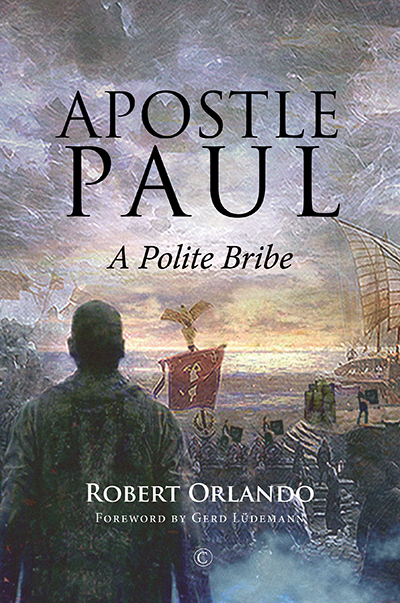Description
John Milbank’s theology has shaped much modern political thinking both within and without the Church. In Before and Beyond the ‘Big Society’, Joseph Forde presents the first study devoted exclusively to John Milbank’s theology of welfare, and how it has influenced policy in the Church of England since 2008. By examining the favourable response the Church gave to the ‘Big Society’ project in 2010-12, Forde shows that Milbank’s Blue Socialist fingerprint increasingly dominates.
However, this theology has not evolved in a vacuum and Forde expertly places it in its historical and theoretical context. He offers a detailed critical discussion of Milbank’s own critique of what has been the mainstream (Temple) Anglican theology of welfare in the Church of England since the 1940s, and a fresh contribution to the assessment of Anglican social theology. Finally, he demonstrates how Milbank’s ideas have been furthered by other influential Anglicans. It is this influence that will carry the greatest implications for the Church of England’s policy on welfare going forward, making this study relevant to all who care about its contribution to the provision of welfare.
About the Author
Dr Joseph Forde is Honorary Research Fellow in Historical Theology at the Urban Theology Union, Sheffield. After working for twenty-six years in NHS management, he gained a PhD in Theology from the University of Manchester. He is Chair of Sheffield’s Church Action on Poverty.
To know more about the author, here’s his website: https://www.josephforde.com/
Contents
Acknowledgements
Introduction
Part 1: Locating John Milbank’s Thinking on Welfare and the Church within the Anglican Socialist Tradition
1. Three Anglican Socialist Strands: Welfare Statist, Christendom, Revolutionist
2. Anglican Socialism and the Rise and Fall of the British Welfare State Consensus
Part 2: John Milbank’s Blue Socialist Thinking and His Perspective on the British Welfare State
3. John Milbank Writing in the Christendom Strand
4. John Milbank’s Thinking on Welfare and the Church of England’s Role in its Provision since 1945
Part 3: John Milbank, the ‘Big Society’ Project and the Church of England
5. The ‘Big Society’ Project and the Church of England: An Analysis of the Influences that Shaped GS1804
6. John Milbank and the Church of England’s Future Approach to Welfare
Conclusion
Epilogue
Appendix 1: GS1804: ‘The Big Society’ and the Church of England
Appendix 2: List of Questions
Bibliography
Index
Endorsements and Reviews
In his wide-ranging book that does not shy away from bold policy suggestions, Joseph Forde offers a detailed exposition and critique of John Milbank, and a profound reflection on the Church’s response to the reshaping of the Welfare State after the financial crash of 2008. Forde’s lively and provocative book will stimulate all those who are interested in the Church’s involvement with rebuilding society.
Mark D. Chapman, Professor of the History of Modern Theology, University of Oxford
An accessible, balanced and compelling account of recent theological and political history. Dr Forde recalls how John Milbank and Radical Orthodoxy re-connected Anglican social thought and political policy in ways not seen since the 1980s, but also outlines the challenge the Church of England now faces to think beyond the Blue Labour/Big Society paradigm to a theology of the State that can meet existential social threats such as climate emergency, growing poverty and global pandemics.
Chris Baker, William Temple Professor of Religion, Belief and Public Life at Goldsmiths, University of London, and Director of Research at the William Temple Foundation
John Milbank’s influential political theology has played an important part in the current renewal of Anglican Social Theology. Forde expertly locates Milbank’s work, scholarly and journalistic, in this Anglican tradition and assesses its contribution to debates on the ‘Big Society’ and the future of welfare. Anyone interested in Anglican Social Theology, Blue Labour, and the contribution of theology to public life will benefit from reading this book.
Peter Scott, Samuel Ferguson Professor of Applied Theology and Director of the Lincoln Theological Institute, University of Manchester
How does the Church, as well as thousands of voluntary agencies work alongside government to create a just, fair and compassionate society?
This book puts this important question in a much larger historical and theological timeframe. It is a must-read for all interested in such concerns for the welfare of all our fellow citizens.
Adrian Alker, Progressive Christianity Network, 5th July 2022
This book, the outcome of doctoral research by Joe Forde, is a substantial contribution to the study of the Church of England’s attitude to welfare provision over the last hundred years.
John Schofield, Centre for Radical Christianity Online, July 2022
The book draws on a remarkably wide range of sources and contains many wise reflections on a subject dear to my heart – the role of the Church in relation to poverty, inequality and welfare…I recommend Joe’s book as shedding much fascinating light on the role of Church and state in our society today.
David Price, Mark’s Messenger – The Parish Magazine of St Mark’s Church, July 2022
The book is a thorough going examination of the Church of England’s approach to welfare, historically and, more specifically, since 2010 … It is good and worth reading. But don’t take my word for it.
Ian K. Duffield, in Urban Theology Union Newsletter, Autumn 2022
Forde has produced an extremely helpful and readable book which offers an excellent provocation for a return to a Temple-like advocacy of welfare statism. Forde’s argument will help those from different strands of Anglican social thought to interrogate and clarify their position. Revd Dr Matt Bullimore, in Modern Believing, Volume 64, Number 3
Forde’s book is immensely thorough and a passionate plea for sound historical analysis, the area where he finds most to criticise in Milbank’s approach. He points out that the voluntary sector, including the Church, was highly active in the provision of welfare long before the “Big Society” was proposed, and that it is a false reading of the Beveridge/Temple tradition to suggest that it intended to put all provision of welfare in the hands of the State and marginalise the voluntary sector. The Rt Revd Dr Peter Selby, Honorary Visiting Professor in Theology and Religious Studies at King’s College, In Church Times, London, August 2023
What is telling in this book, ultimately, is its ironic, tragic, carefully reconstituted account of how a socialist theologian inadvertently made it conceptually possible for the Church to naively baptise a neoliberal government, which did extraordinary social and economic damage, thinking all the time that its actions were socially and theologically prudent. Charles Pemberton In Studies in Christian Ethics, Volume 37, Issue 1, March 14, 2024
The main focus of Forde’s thoughtful and well-researched book, however, is the established Church of England’s social policies (which to a significant extent lined up with Big Society thinking) and the influence of the theologian and commentator John Milbank on this. Milbank, known for being the prime mover in the Radical Orthodoxy movement, has also been a significant figure in relation to the ideological underpinning of the Blue Labour and Red Tory tendencies.Simon Barrow in Ekklesia (Online), September, 2024.
A vivid and timely study of John Milbank’s theology and social theory.Martyn Percy (2024) in Journal of Contemporary Religion, 39-2, 370-373
Forde’s emphasis on the twin pillars of Catholic social teaching, subsidiarity and solidarity, provides a useful starting point here, one of relevance to Australian
social policy today.Stephen Duckett, Research and Social Policy Network, University of Divinity, Australia in Theology, Vol. 128 (3), pp. 173-183, 2025
This is a book that needs to be read carefully by anyone writing in future about this important area. It is a very convincing and thorough study that will be difficult to refute.Professor Robin Gill in Theology, Vol. 128 (3),pp. 163-164 2025.
This is arguably the most important book on the Church of England’s social policy for a generation. It offers the first detailed critical analysis of the influence of John Milbank’s political theology on the Church’s new stance on welfare in response to the Coalition government’s ‘Big Society’ programme of 2010 … I commend it highly.Jonathan Chaplin, Wesley House, Cambridge in Crucible, October, pp.61-64, 2025
Joseph Forde’s study of Anglican social theology in the period 2010-12 offers an absorbing and informative guide to these upshots and questions. He reaches back appropriately to the twentieth-century discourse, providing a reliable guide through diverse thinkers and proposing helpful demarcations and groupings. He successfully connects this cloud of witnesses with the choices faced by church leaders and politicians in the post-crash era. He chooses to set up the theologian John Milbank as the champion of the school, offering an alternative to the post-war consensus; a decision only partly justified by the argument that follows. Overall, he presents a rewarding and illuminating survey of the contours and choices of Church of England social policy and of its future prospects.Samuel Wells, St Martin-in-the-Fields, London in Expository Times, November, 2025.

